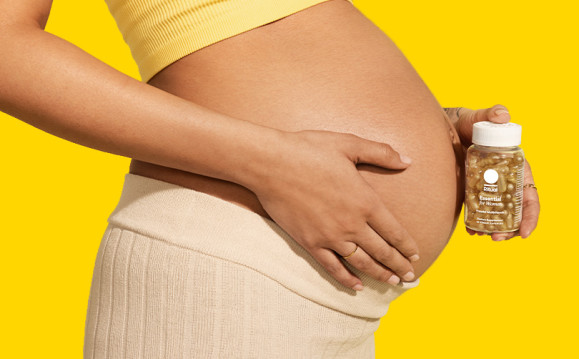There’s no question that cooking can do wonderful things for the foods we eat—and no denying the fun of getting creative in the kitchen, for that matter. But you might not know that while the process of cooking can improve digestibility, add flavor, and in some cases, make food safer to eat, it can also have an impact on nutrient content.
Is that going to stop us from firing up the oven? Nope—we’ll always still recommend prioritizing your nutrient intake from your diet, and that means preparing your favorite nutritious meals in any way you see fit. But it also doesn’t hurt to practice a little curiosity around the nutritional value of your food and how different factors can have an impact, including cooking. So let’s take a closer look.
Cooking technique matters.
Remember the difference between water-soluble and fat-soluble vitamins? Here’s a quick refresher. Water-soluble vitamins (which include vitamin C, as well as B-vitamins like B12, folate, and riboflavin) are metabolized more quickly than fat-soluble vitamins (which include vitamin A, vitamin D, vitamin E, and vitamin K). That means we excrete any excess water-soluble vitamins when we urinate, while fat-soluble vitamins stick around longer in the body for later use.
Why does this matter? Because water-soluble vitamins tend to be more sensitive to heat, and they dissolve in water—which is why cooking method, time, and temperature can all have different impacts on nutrient composition. (1)










